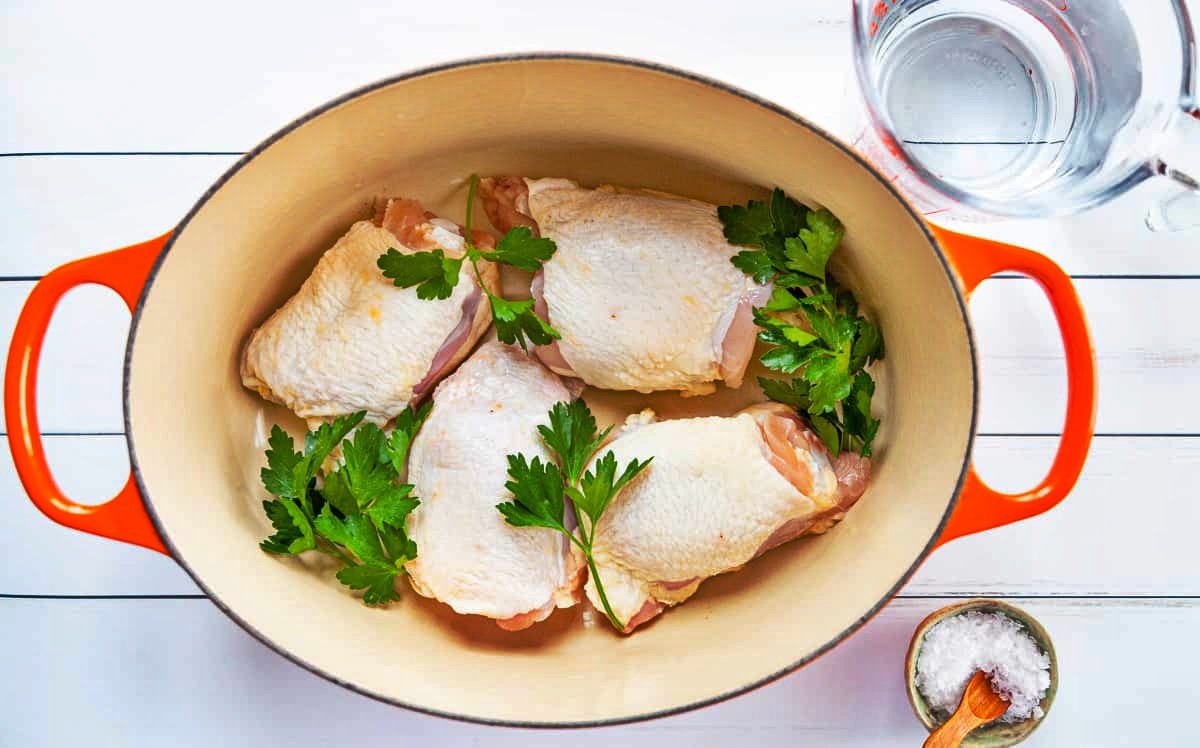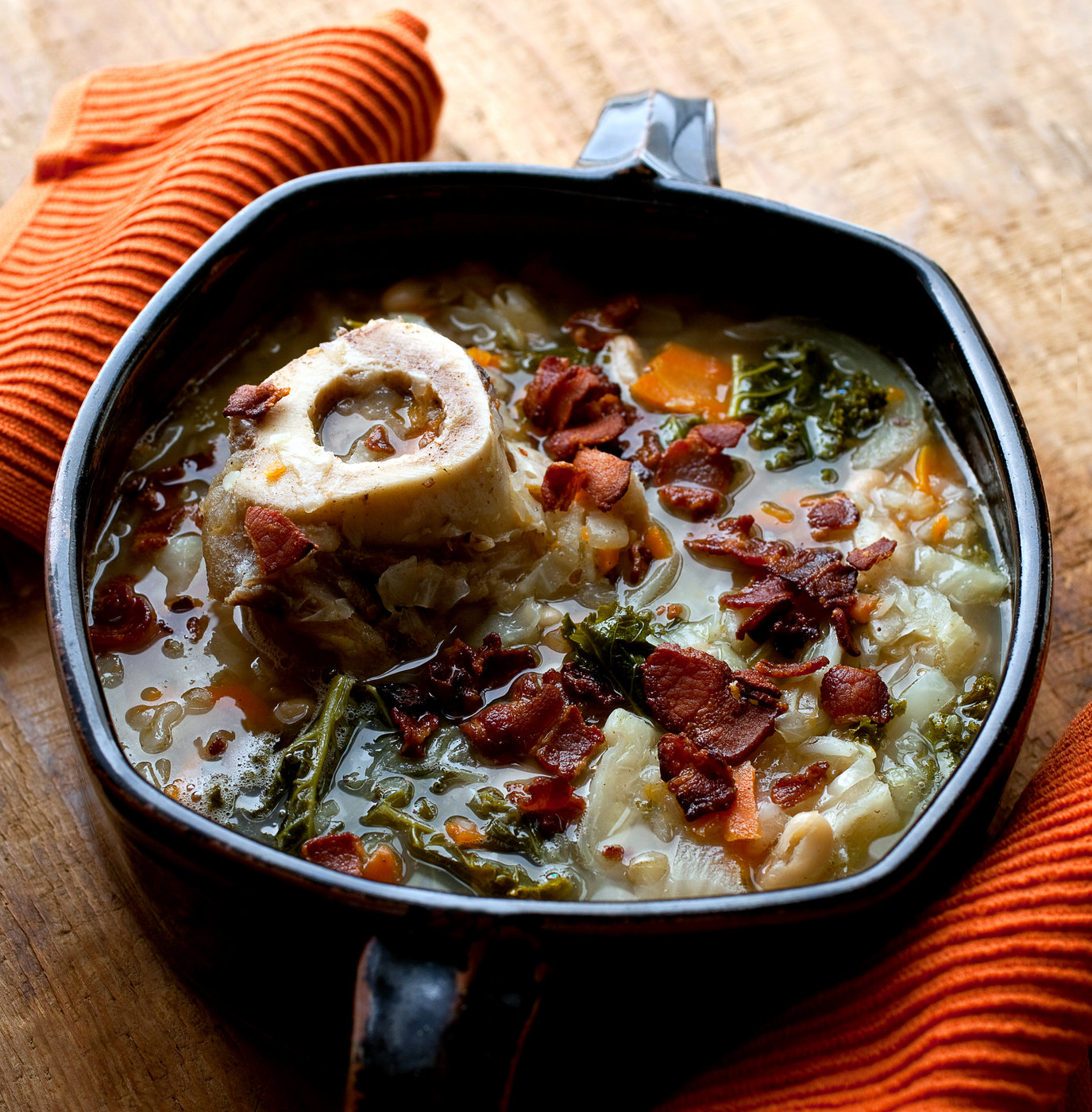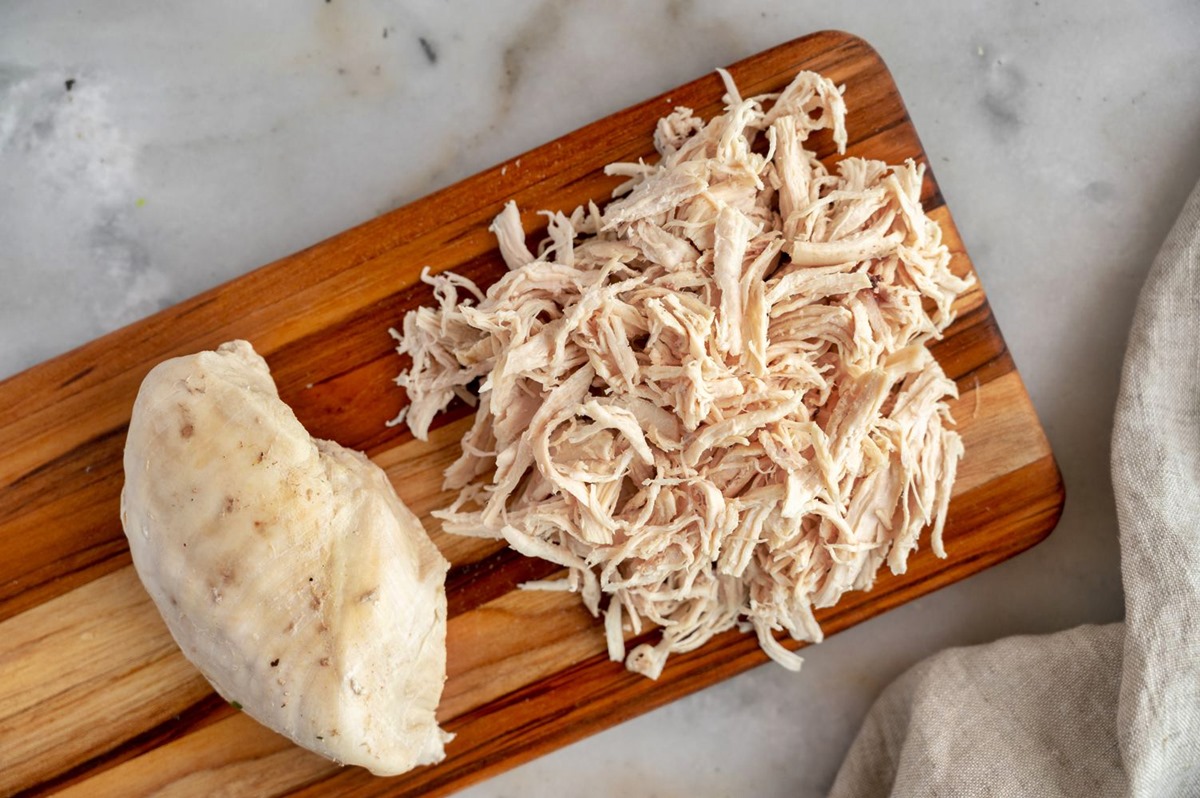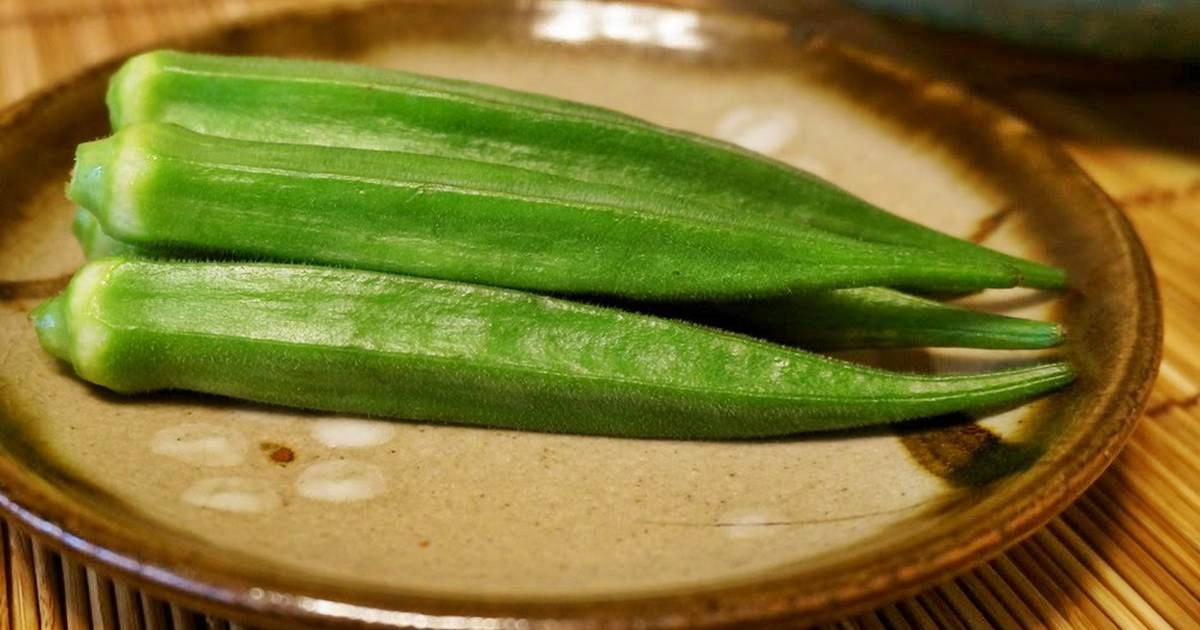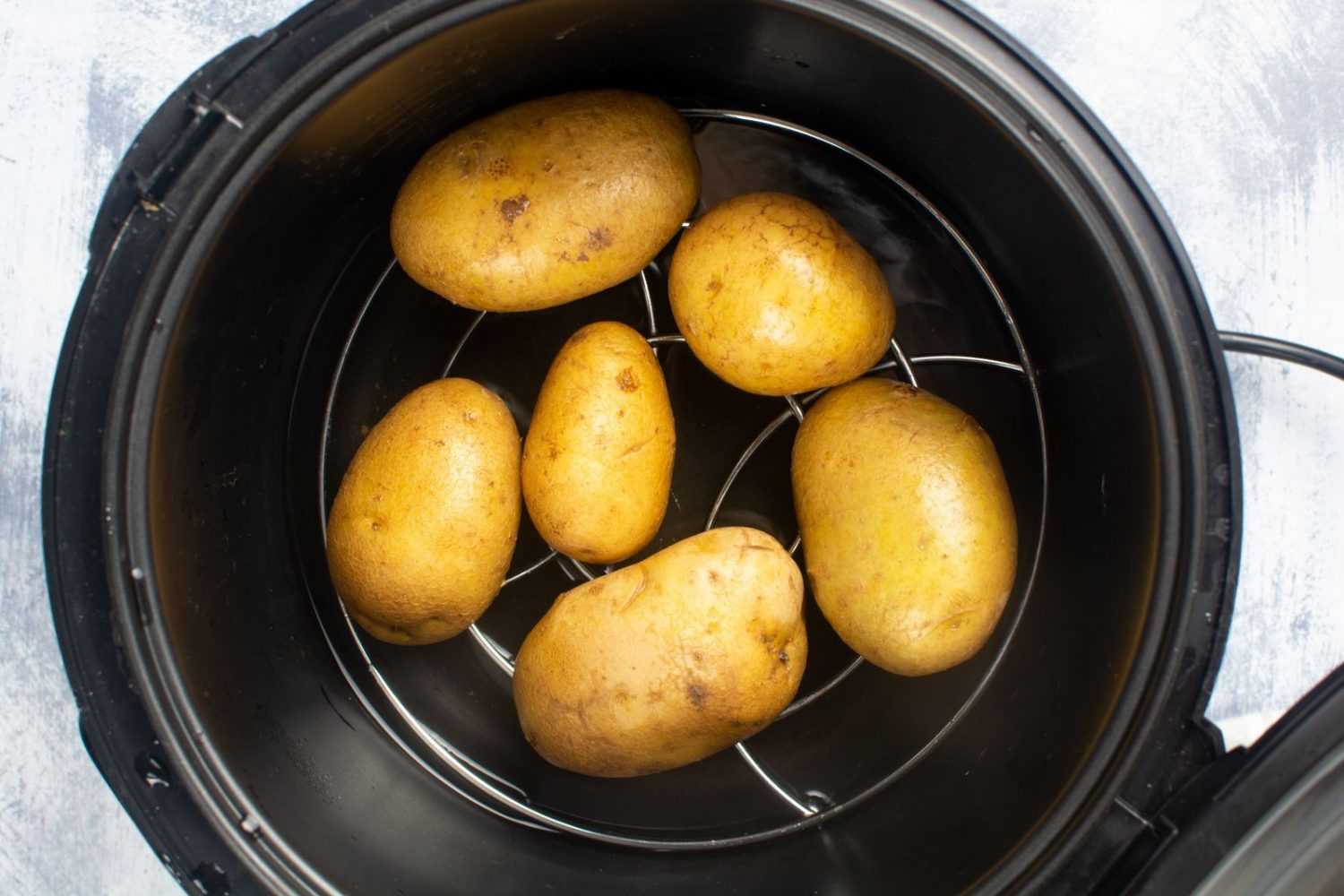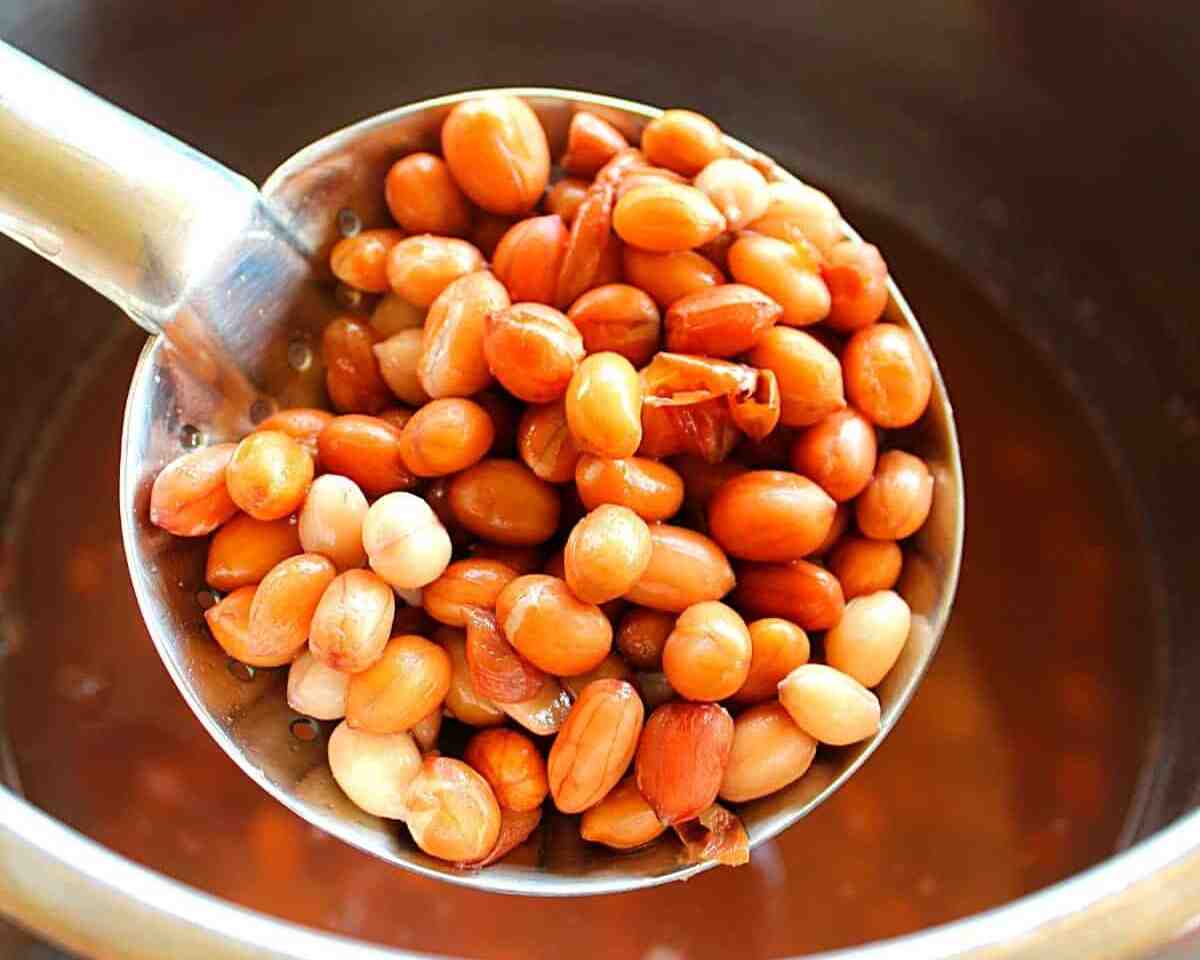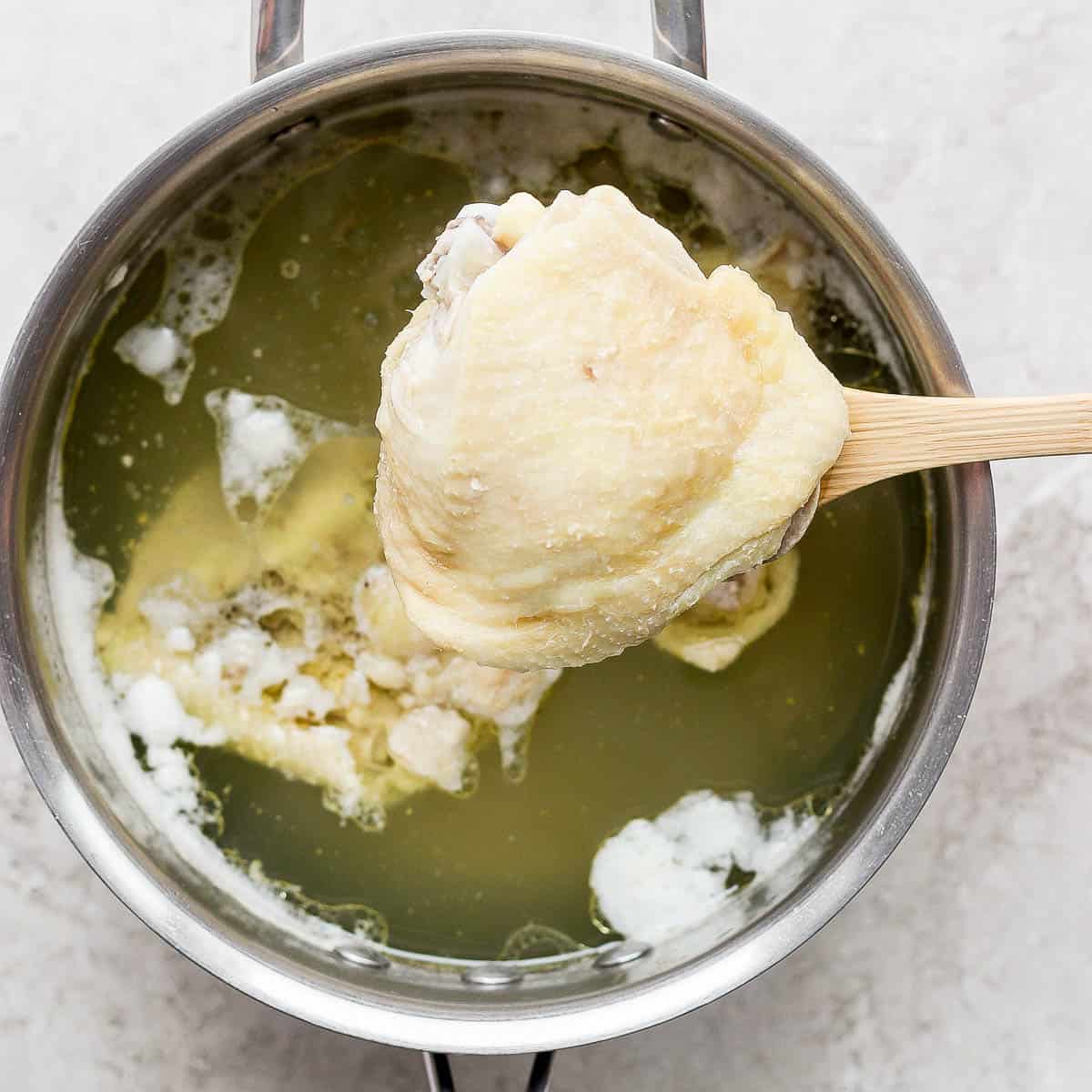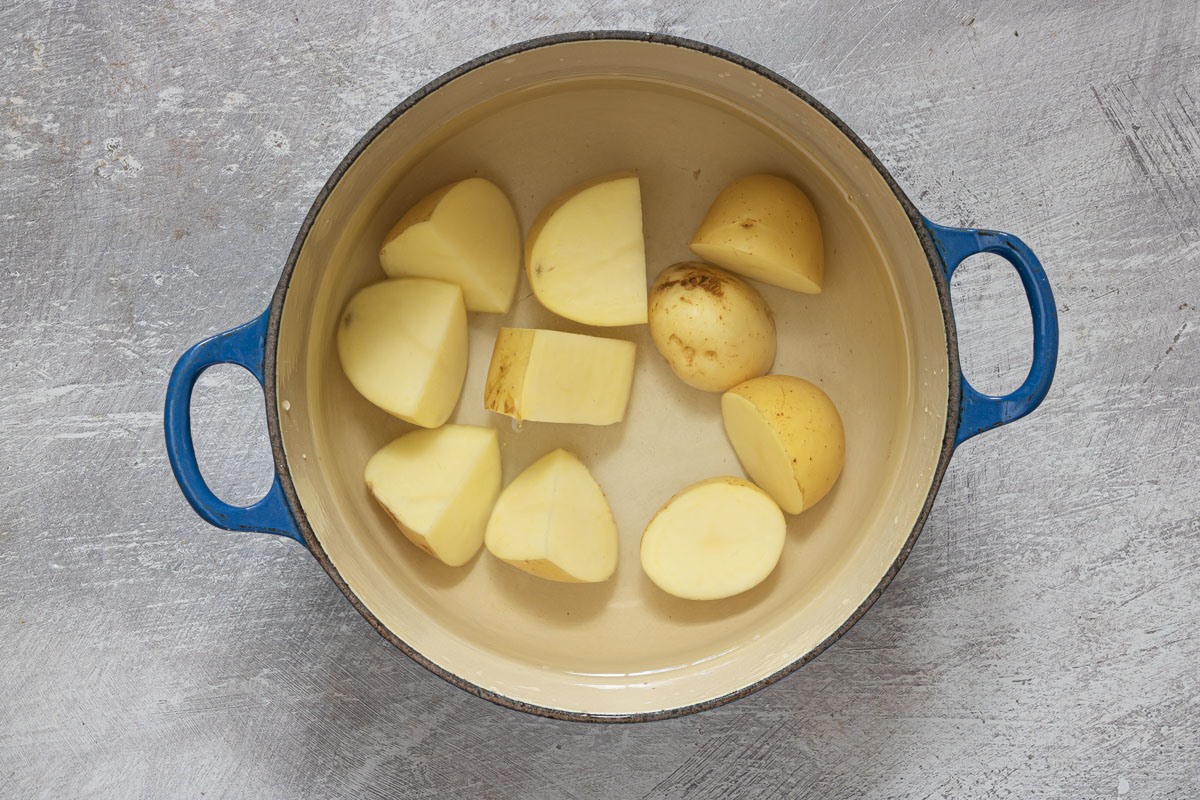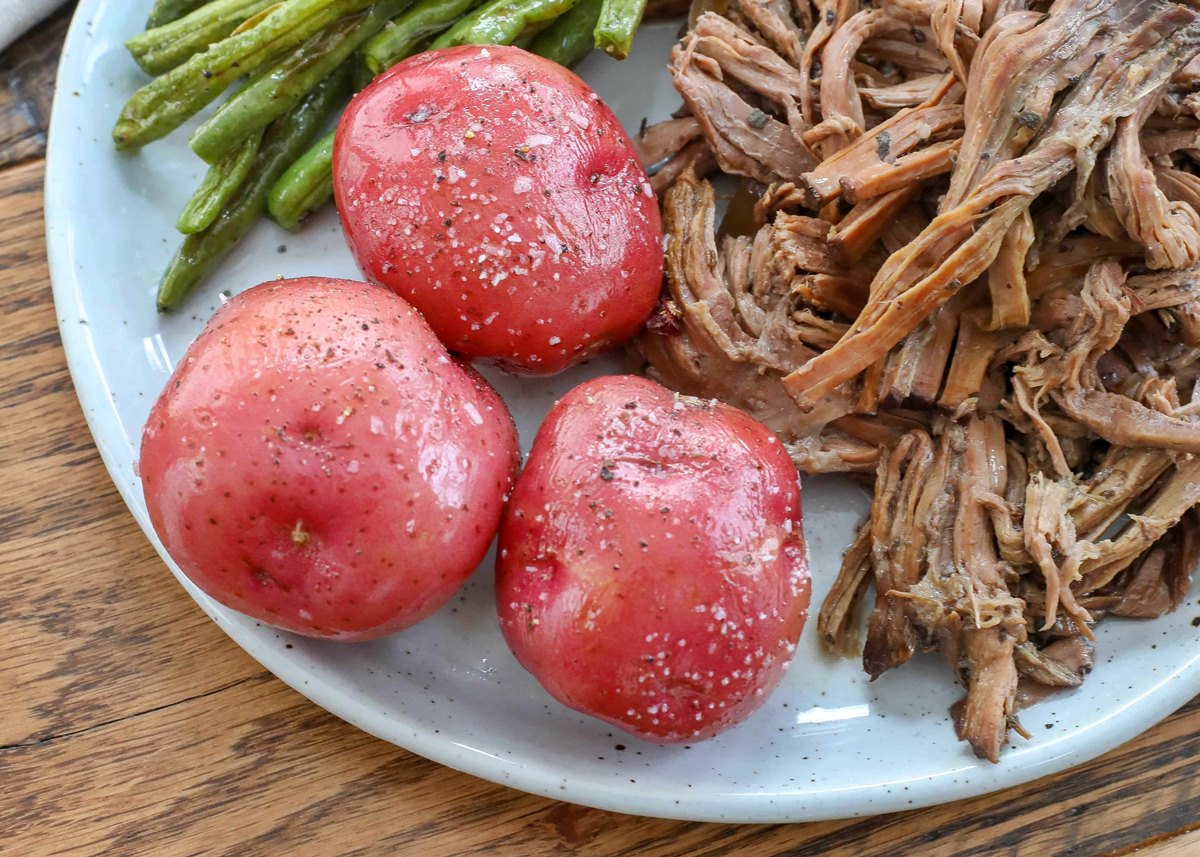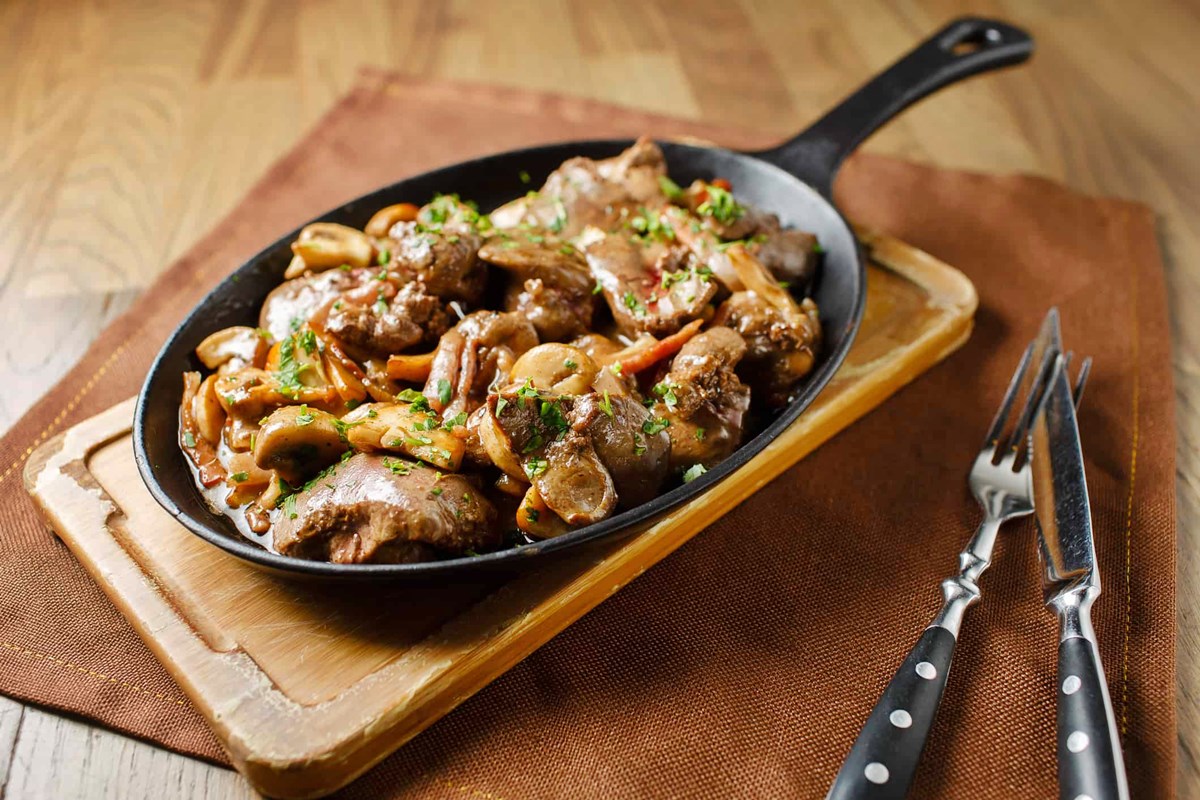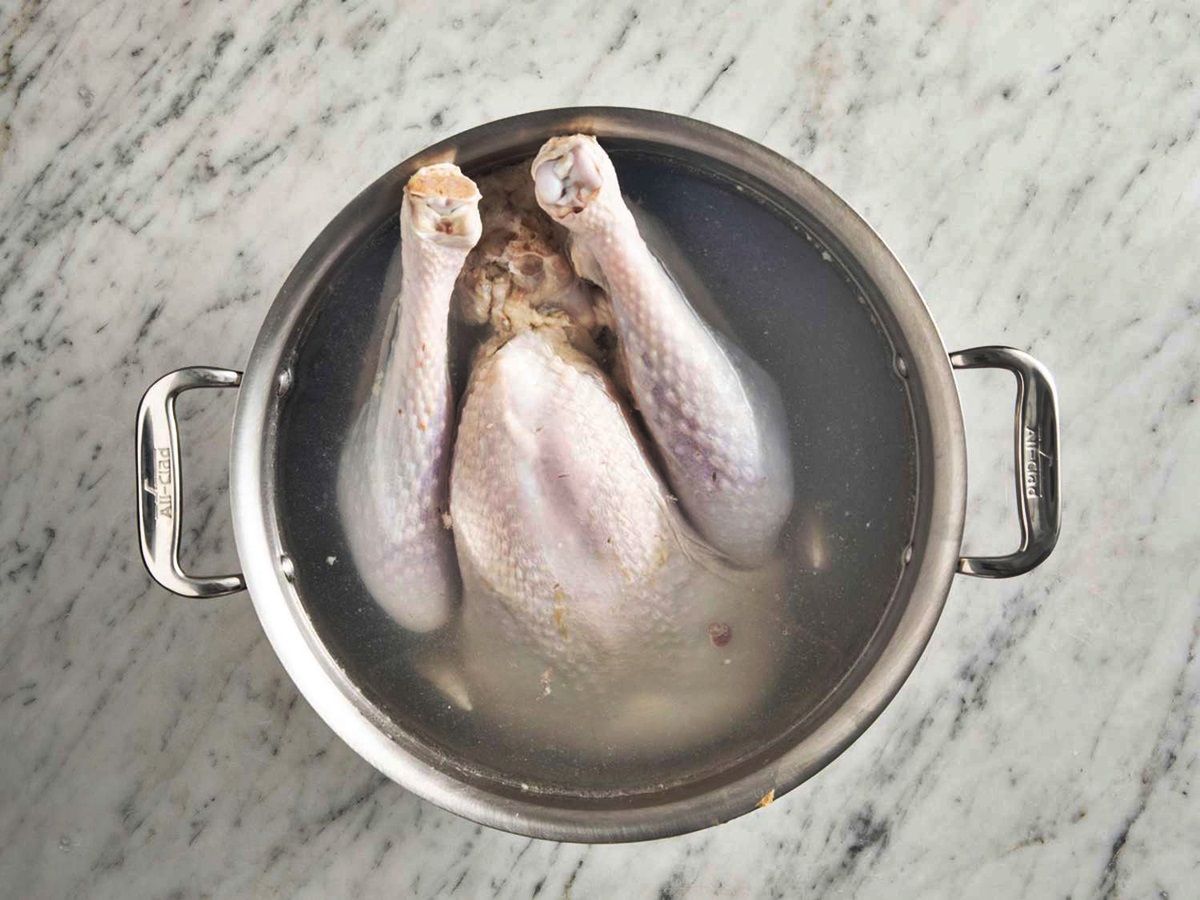How To Boil Black Beans
Black beans are a versatile and nutritious legume that can be used in a variety of dishes, from soups and stews to salads and wraps. Boiling black beans is a simple and straightforward process that helps to soften them and make them easier to digest. Here’s a step-by-step guide on how to boil black beans to perfection.
What You’ll Need:
- Black beans: 1 cup
- Water: 4 cups
- Salt: 1 teaspoon
- Seasonings: Optional (garlic, onion, bay leaf, etc.)
Step 1: Sorting and Washing
Start by sorting through the black beans to remove any stones or debris. Then, rinse them under cold water to get rid of any dust or impurities.
Step 2: Soaking (optional)
Soaking black beans overnight can help reduce cooking time and make them more digestible. If you choose to soak them, place the rinsed beans in a bowl, cover with water, and let them soak for at least 8 hours or overnight. Drain and rinse the beans before proceeding to the next step.
Step 3: Boiling
- In a large pot, add the soaked or unsoaked black beans.
- Add water, making sure there’s enough to cover the beans by about 1 inch.
- Bring the water to a boil over high heat.
- Reduce the heat to low, cover the pot, and let the beans simmer.
- Cook the beans for approximately 1 to 1 1/2 hours, or until they are tender. The cooking time may vary depending on the freshness of the beans.
Step 4: Seasoning
Once the beans are tender, add salt and any additional seasonings of your choice. This is the perfect time to get creative and add flavors like garlic, onion, or a bay leaf to enhance the taste of the beans.
Step 5: Enjoying Your Black Beans
Once the black beans are cooked and seasoned to perfection, they are ready to be enjoyed in a variety of dishes. You can use them as a filling for tacos, topping for salads, or simply serve them as a side dish alongside rice and vegetables. The possibilities are endless!
With these simple steps, you can easily boil black beans to bring out their rich flavor and creamy texture. By incorporating them into your meals, you’ll be adding a nutritious and protein-packed ingredient to your diet. So go ahead, get cooking, and savor the deliciousness of boiled black beans!
Using the guide on how to boil black beans, readers can create a variety of delicious dishes. Start with Black Bean Tacos Recipe for a simple yet flavorful meal. For a comforting bowl, try the Black Bean Soup Recipe. Those looking for a hearty salad can turn to the Black Bean Salad Recipe. The Black Bean Burritos Recipe makes for a satisfying lunch or dinner, while the Black Bean Chili Recipe is perfect for a cozy night in. If you're in the mood for something cheesy, the Black Bean Enchiladas Recipe will hit the spot. For a fun snack, the Black Bean Nachos Recipe can't be beaten. Veggie lovers will appreciate the Black Bean Burgers Recipe and Black Bean Quesadillas Recipe. To share at parties, whip up the Black Bean Dip Recipe. For a hearty stew, the Black Bean and Sweet Potato Stew Recipe is a must-try. The Black Bean and Corn Salsa Recipe is great for a fresh side dish, and the Black Bean Stuffed Peppers Recipe makes for a colorful and nutritious meal. Wraps like the Black Bean and Avocado Wraps Recipe offer a quick and healthy option, while the Black Bean Hummus Recipe provides a unique twist on a classic dip. For a nutritious twist on enchiladas, try the Black Bean and Spinach Enchiladas Recipe. Don't miss the Black Bean Brownies Recipe for a surprising dessert, and the Black Bean Breakfast Burritos Recipe to start your day right.
Was this page helpful?
Read Next: How To Boil Live Lobster
